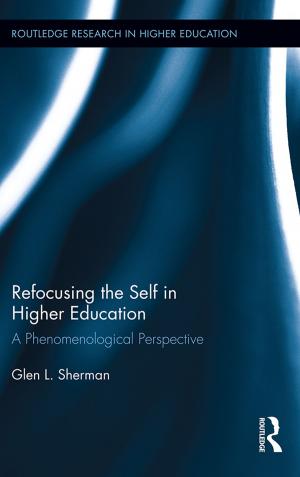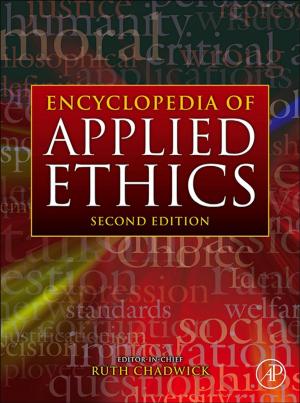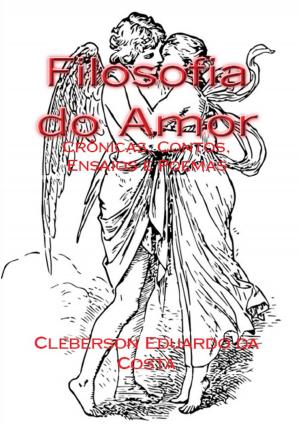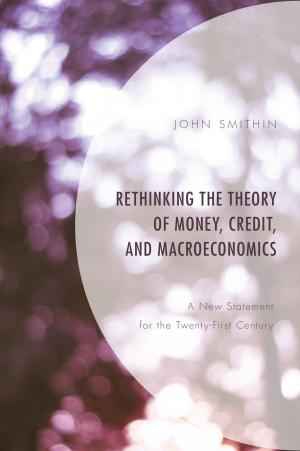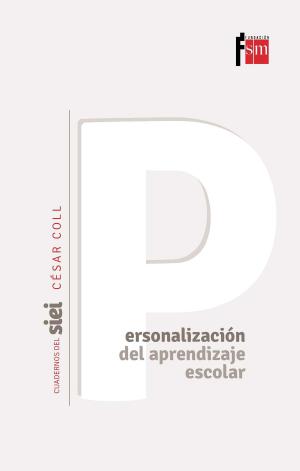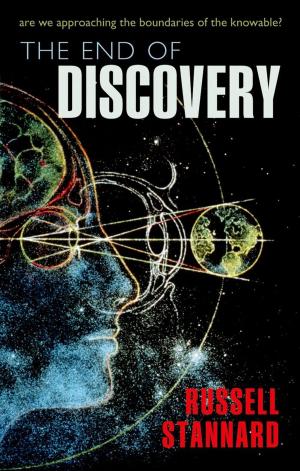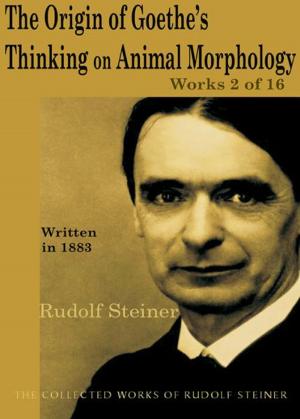Heraclitus—Nimis Obscurē
Nonfiction, Religion & Spirituality, Philosophy, Ancient, History, Ancient History, Greece, Science & Nature, Science, Other Sciences, Philosophy & Social Aspects| Author: | Ross Coburn | ISBN: | 1230002017556 |
| Publisher: | Incrociare | Publication: | November 14, 2017 |
| Imprint: | Language: | English |
| Author: | Ross Coburn |
| ISBN: | 1230002017556 |
| Publisher: | Incrociare |
| Publication: | November 14, 2017 |
| Imprint: | |
| Language: | English |
"I would give all of my technology for an afternoon with Socrates." – Steve Jobs
Heraclitus of Ephesus was the first of the four Ancient Greek philosophers identified as being the greatest thinkers of their, and any era. He coined the term Lógos, or Reason as having particular significance, as did his followers Socrates, Plato and Aristotle.
His teachings, already critiqued for being nimis obscurē, or 'too obscure' due to his extensive use of metaphor, were tragically lost to the world when the only copy of his work, On Nature, was badly damaged in antiquity. Since then scholars have been unanimous in their belief that he is somehow impenetrable.
He is not, and for the first time in more than twenty–five hundred years, presented in this volume is a coherent, consistent and compelling exposition of the Weeping Sage's methods, intentions and teachings, which would influence no less great a thinker than Socrates, whose own words gain new context when viewed in light of Heraclitus' teachings.
Which remain relevant today. Indeed, his thoughts concerning the nature of, uses for and limitations of knowledge, and what can be known, touching as well on the nature of prejudice, coupled with his emphasis on the need for understanding are as important today as when he penned them, particularly as we struggle with alternative approaches to teaching, learning and education.
A must–read for anyone interested in philosophy, or critical thinking, and a treasure trove of the wisdom of the ages.
"I would give all of my technology for an afternoon with Socrates." – Steve Jobs
Heraclitus of Ephesus was the first of the four Ancient Greek philosophers identified as being the greatest thinkers of their, and any era. He coined the term Lógos, or Reason as having particular significance, as did his followers Socrates, Plato and Aristotle.
His teachings, already critiqued for being nimis obscurē, or 'too obscure' due to his extensive use of metaphor, were tragically lost to the world when the only copy of his work, On Nature, was badly damaged in antiquity. Since then scholars have been unanimous in their belief that he is somehow impenetrable.
He is not, and for the first time in more than twenty–five hundred years, presented in this volume is a coherent, consistent and compelling exposition of the Weeping Sage's methods, intentions and teachings, which would influence no less great a thinker than Socrates, whose own words gain new context when viewed in light of Heraclitus' teachings.
Which remain relevant today. Indeed, his thoughts concerning the nature of, uses for and limitations of knowledge, and what can be known, touching as well on the nature of prejudice, coupled with his emphasis on the need for understanding are as important today as when he penned them, particularly as we struggle with alternative approaches to teaching, learning and education.
A must–read for anyone interested in philosophy, or critical thinking, and a treasure trove of the wisdom of the ages.

